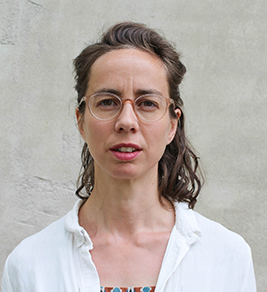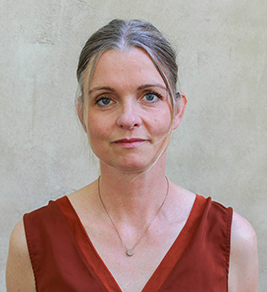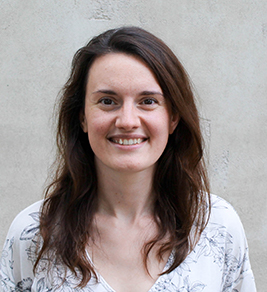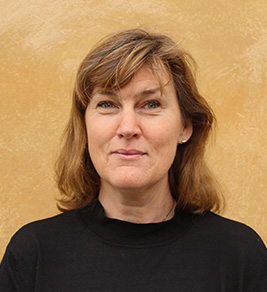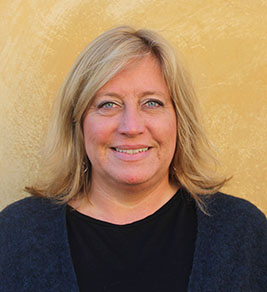This year, Nordregio joins the biggest political festival in Sweden, Almedalen Week, on 6 July to share the latest on COVID-19 impacts on Nordic Co-operation, integration and how to steer circular economy processes forward.
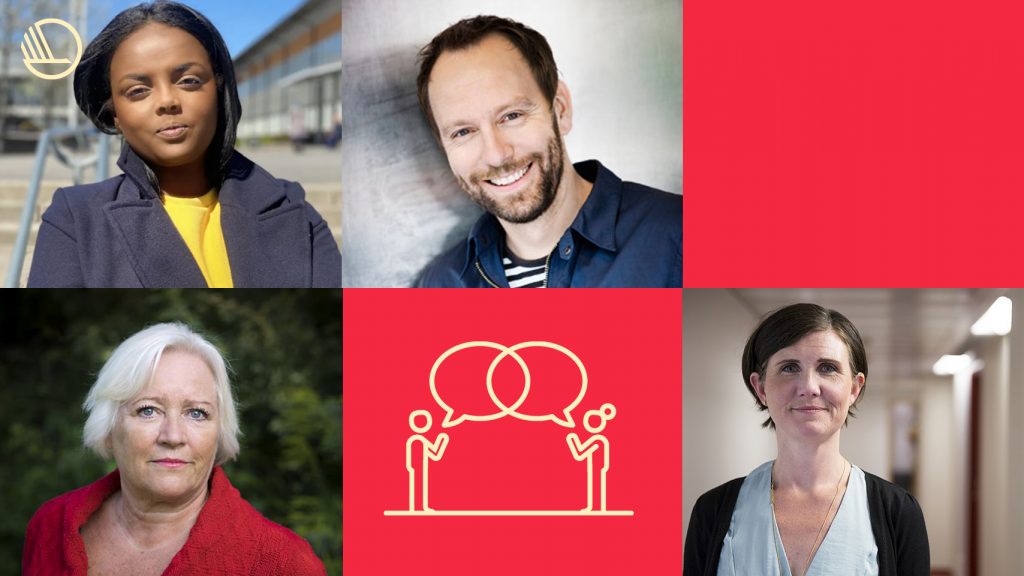
On 6 July, you can tune in online 13-16 CET to the Nordic pavilion, where we discuss: How has Covid-19 affected Nordic Co-operation and integration in the Nordic countries? And how do we steer processes from circular goals and strategies to business? Listen to exciting speeches by Minister Märta Stenevi (MP), Alexander Mørk-Eidem, Theater Director at Dramaten, Children’s Ombudsman Elisabeth Dahlin, Degmo Daar, spokesperson for the Crisis Committee and Stefan Holmström COO for Cradlenet.
Everyone is welcome to join and follow the Nordic discussions on Almedalsveckan Play website (see links below in the programme), Facebook channel and on Youtube! You can use the comment field for comments and discussion.
PROGRAMME
All three programs will be broadcasted on 6 July between 13 and 16 (CEST)!
13.00 – 13.45 What impact has COVID-19 had on Nordic co-operation?
The Nordic countries have a vision of being the most integrated region in the world. Freedom of movement, cultural co-operation, and trade between the Nordic countries has strengthened them. However, the 2015 refugee crisis showed that the borders between the Nordic countries can be closed and during the pandemic it has become common to follow how various restrictions have been introduced at national level. Border closures have affected many of us. What do those living in the Nordic Region expect of co-operation going forwards? And how do politicians respond? Is the Nordic Region equipped to deal with post-COVID-19 life?
List of speakers
- Monica Wirkkala, Vice Director of the Swedish Institute
- Alexander Mørk-Eidem, Theatre Director for the Swedish Royal Dramatic Theatre
- Elisabet Dahlin, Ombudsman for Children in Sweden
- Krister Nilsson, State Secretary
Moderator: Tara Moshizi
Related Nordregio projects/publications:
14.00 – 14.45 Integration: equal conditions in crisis?
How has the COVID-19 affected integration in the Nordic Region? Why has the pandemic hit immigrant groups so hard? Media portrayals and political arguments often cite language comprehension and cultural differences as reasons, while research points to other, more decisive structural factors. Inequalities in general have played more of a role than language difficulties and cultural background. These factors make it difficult, and in some cases impossible, for residents to follow the guidelines.
List of speakers
- Märta Stenevi, (Green Party, Sweden) Minister for Gender Equality and Housing, responsible for efforts to combat segregation
- Degmo Daar, spokesperson for the Crisis Committee network
- Sandra Oliveira e Costa and Hjördís Rut Sigurjónsdóttir, researchers at Nordregio
Moderator: Tara Moshizi
Related Nordregio projects/publications:
- Report – Who is left behind? The impact of place on the ability to follow Covid-19 restrictions
- Executive summary
15.00 – 15.45 From strategy to business – circular economy
How do we steer processes from circular goals and strategies to business? How does reusing become economically beneficial? How do consumers and producers find each other in order to prioritise the cycle that supports both the green transition and profitable business? What can we learn from each other in the Nordic Region? This event will focus on the green transition and how we can work with circular business models.
List of speakers
- Marthe Haugland, Senior Innovation Adviser at Nordic Innovation
- Sebastian Holmström, COO Cradlenet
- Juan Medina, CCO, Kaffee Bueno
Moderator: Nina Aagard, COO Nordic Innovation
Related Nordregio projects/publications:

